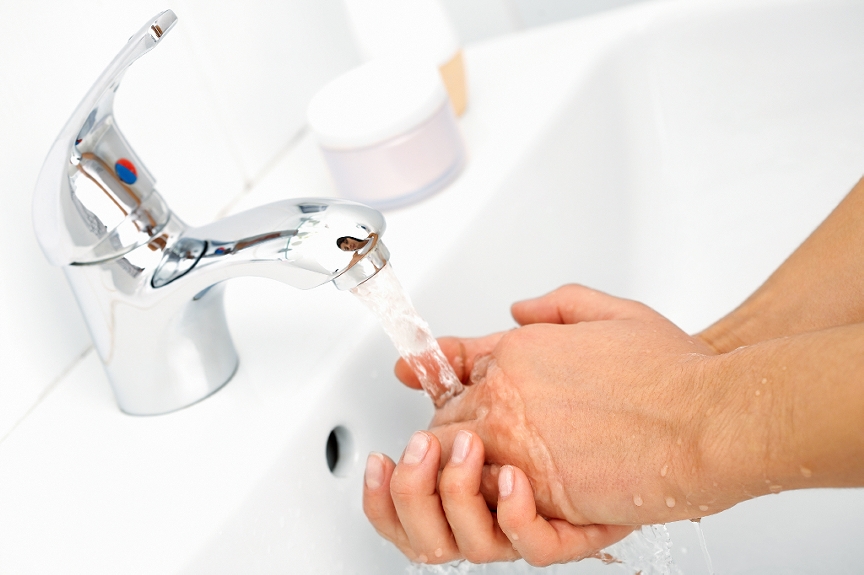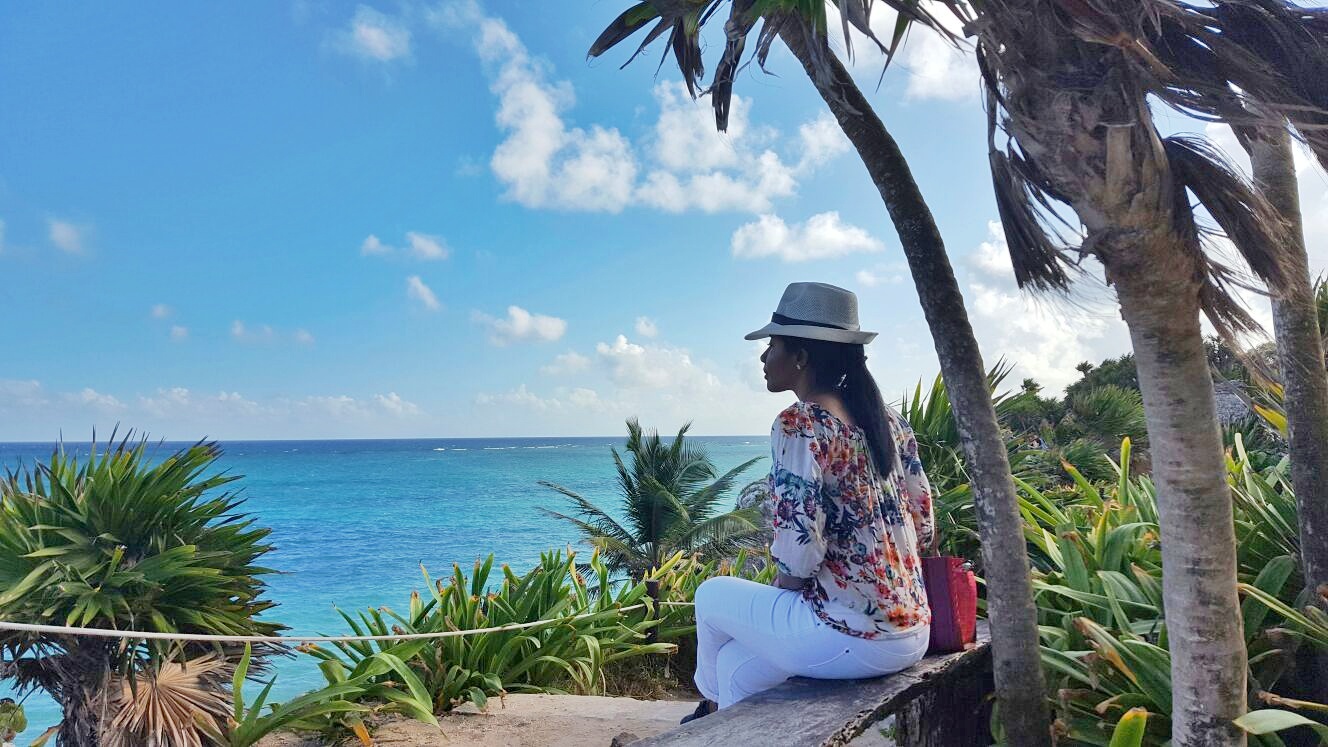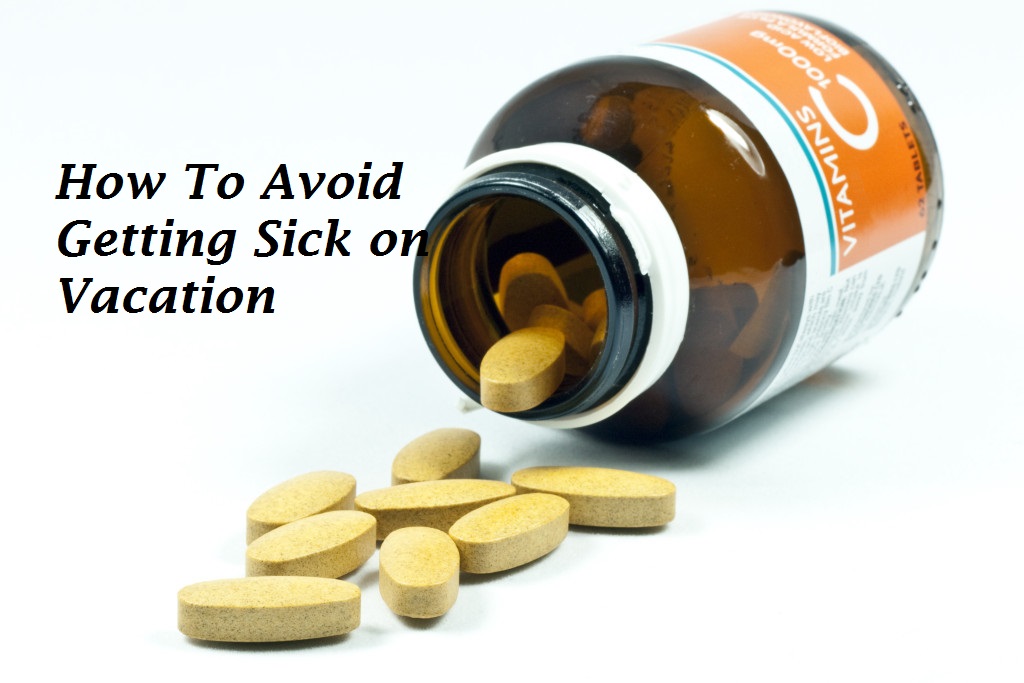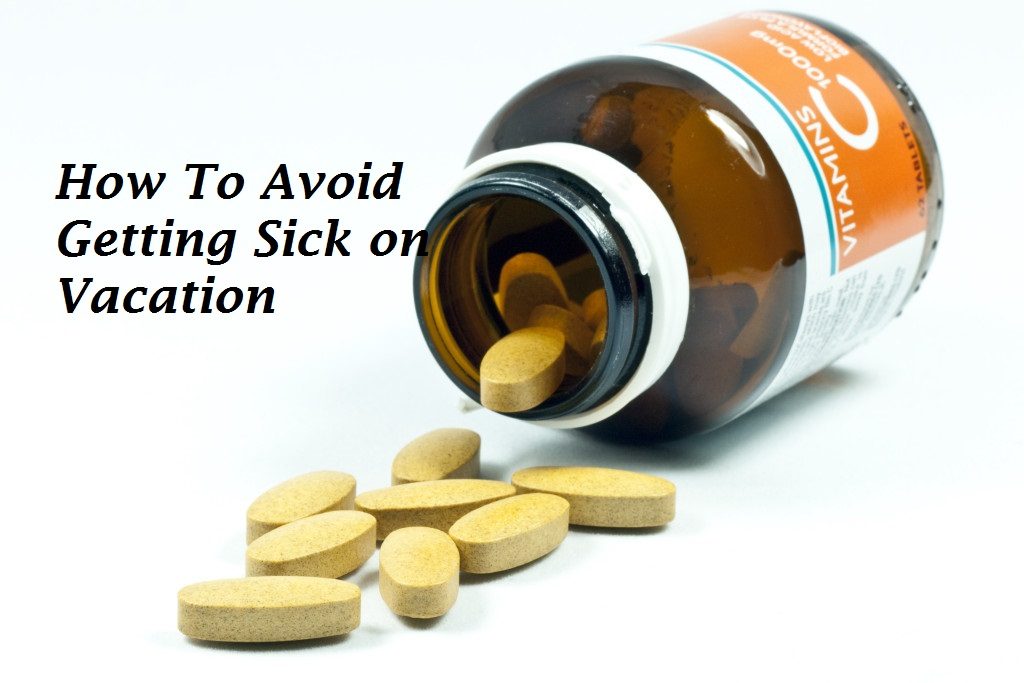It’s pretty obvious that having a fever or other ailments like an upset stomach, gastroenteritis and diarrhea during your vacation is no fun. Getting sick causes pain and discomfort and the time you lose recuperating also takes away from the thrill of new destination experiences. And let’s not forget that doctors’ visits and medication can add up too – especially if you decided to forego travel insurance. (Hey, I say that with no judgment as I sometimes skip it too)
So what are some very simple ways in which travelers can avoid getting sick while they are away from home? See 10 tips below:
Carry immunity boosters and nasal sprays
Pack an extra bottle of Vitamin C tablets, Emergen-C packets in your purse or carry-on; they are worth their weight in gold. Having items like that handy can help to strengthen your immune system so your body can fight off airborne bacteria. Nasal sprays also work wonders, especially on long haul flights and in heated hotel rooms because they reduce the dryness in your nasal passage caused by the lack of moisture in the air. It sounds yucky but the truth is, a thin layer of mucus in your nose and throat is healthy because when the lining in your nose is parched, you are more vulnerable to infection. Keeping it moist enables your body to flush out bacteria and viruses.
Never swallow tap water
Even if you do it at home, it is not safe to drink tap water when you travel because the types of bacteria vary depending on where you go. Your resistance threshold varies as well and there’s no way to tell when the germs you encounter may affect you negatively. So, always buy bottled water to drink and to brush your teeth. Oh, and even if you think you’ve got a voice like Adele or Usher, don’t sing in the shower either because you could end up swallowing Mr. or Miss E. coli that way. It’s safer to grab that hairbrush and belt out your tune when the water stops flowing!
Avoid putting ice in your drinks. This one is a challenge for me because I don’t enjoy drinks served at room temperature; I like them ice-cold. But when you think about it, skipping the extra chill factor makes perfect sense. Ice cubes are usually made from tap water and the same rationale applies – bacteria could be in it.
Don’t eat raw and unpeeled foods.
I’ll be the first to admit that fresh garden, Caesar, and Cobb salads are some of my favorite go-to meals but I also know I have to be choosy about where I order them as sanitation standards will vary. The same goes for unpeeled fruits that may still have remnants of soil with pathogens on them. There’s always the potential threat of contamination! You’ll never be able to verify if they were washed properly, or if clean water was used. So stick to the proven traveler’s mantra: “Cook it, wash it, peel it or forget it.”

Shy away from drinking out of glasses.
Those glasses and mugs in your hotel room or in some spotty-looking roadside eatery? Back away from them, promptly! Sadly, cleaners sometimes take short cuts while working and you’ll never be able to tell if a glass was cleaned with a dirty rag or towel, or, even worse, got tainted by a toxic spray of some kind. Use straws so you can drink directly from the bottle and for that must-have cup of coffee or tea in the morning, wash the hotel glasses in very hot water first or ask for disposables cups, instead.
Wash your hands frequently.
Airports, attraction bathrooms and hotel rooms are teeming with germs and when you touch public surfaces then touch your eyes, nose and mouth you are transferring microorganisms you cannot see. If you could, you’d be alarmed at variety of cold viruses present on remote controls, bathroom doors and light switches. I can’t count how many times I’ve seen someone wash their hands in a public bathroom then touch the door handle to exit. Not good! Use a paper towel to open that door or all the good you did with that rigorous hand washing will be erased.
Sanitize, sanitize, sanitize.
Truthfully, I’m not a fan of sanitizer (although I know it’s popular) but I am a hand wipe convert. Sanitize when hand washing is not possible. As I’ve already mentioned, you’d be surprised at how many unhygienic surfaces your hands come in contact with during any one trip. Seat rests? Check. Tour bus door handles? Check. Airplane trays and seat pockets where mothers have been known to change and even rest used diapers? Check, Check.

Stay hydrated
Drinking healthy doses of water each day helps your body flush out toxins and aids your digestion. Be aware that your water intake gets more important when you are tired, run down and under siege by unfamiliar germs.
Treasure your sleep
Along with hydration, being well-rested is your best defense mechanism against illness and sleep also helps in recovery if you are already infected. So the lesson here is: don’t shortchange yourself on some good old fashioned nap time when you’re on the go.
Make smart food choices
Eating local and trying new foods are definitely part of the travel experience but even then, you must still make smart food choices. Remember that cold meat platters, diary products that are left unrefrigerated, buffet lines and mayonnaise-laden foods are often home to flourishing bacteria. In addition, seafood dishes that are not freshly prepared are notorious for causing intestinal problems so ask the right questions before you place your order. And here’s one last tip – snacking on foods like yogurt that are high in probiotics (the “good” bacteria) may help reduce gas and bloating.
Disclaimer: I am not a medical practitioner of any kind therefore any tips given here should be subject to your discretion and the advice given by your doctor.
____
Editor’s Note:
In my research to write this post, I came across an app called MedMap. It helps you find the name of your medication in the country you’re visiting and suggests words you can use to explain your symptoms to the local pharmacist when dealing with a foreign language. You can plug in the pills or syrups you need, have it translated and then show it to him or her without the need for hand signals! Sounds quite useful!



